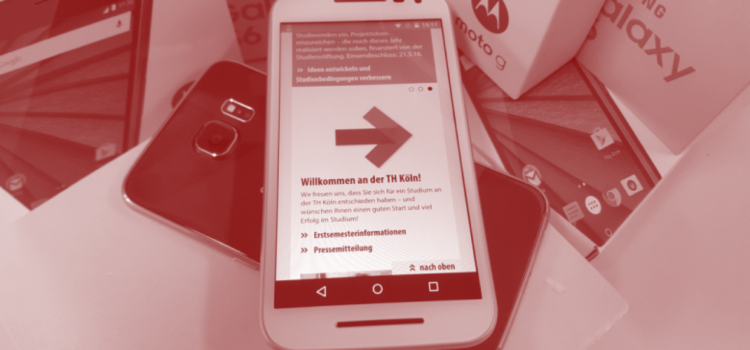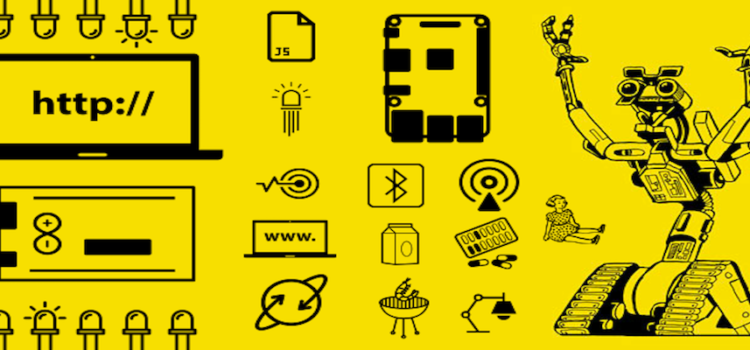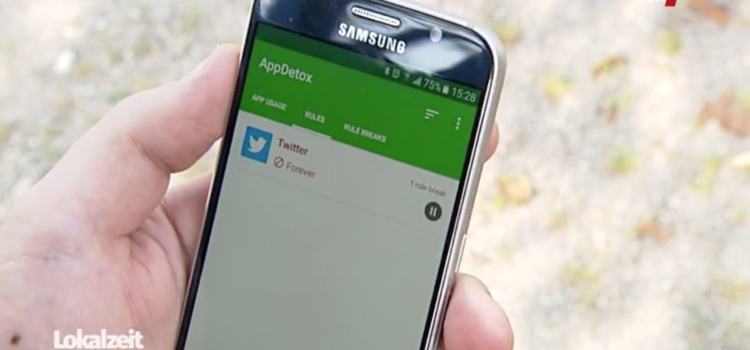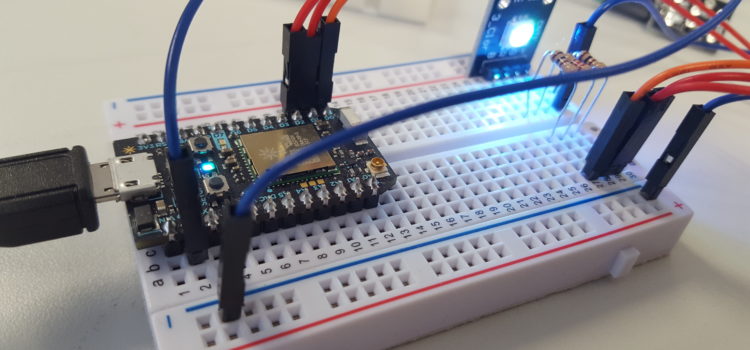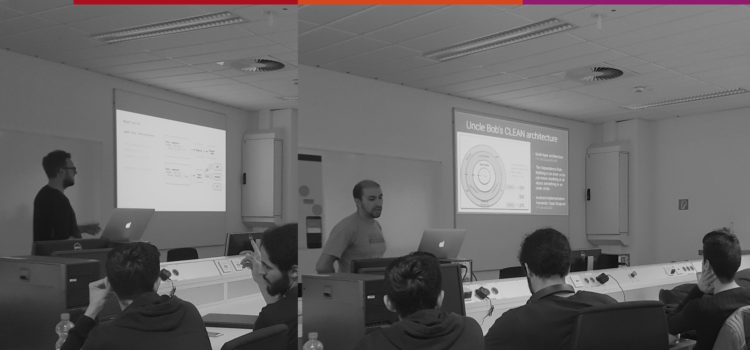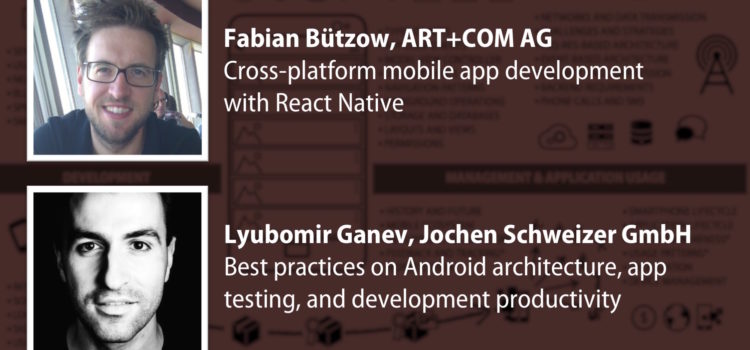Users of digital devices are increasingly confronted with a tremendous amount of notifications that appear on multiple devices and screens in their environment, such as at smart homes, smart offices, smart cities, and smart mobile environments. It becomes obvious that intelligent attention management systems and alternative, for example ambient, representations of incoming notifications are needed.
The goal of this workshop is to discuss how the problems of information overload and overchoice can be solved. In the era of the Internet of Things (IoT) we have to handle incoming notifications from all our devices, and together with developments in smart city environments or with smart mobility the information overload will grow. In this workshop we want to focus on a larger understanding of the different roles notifications can play in a wide variety of computing environments including the office, the home, in cars, and other smart environments.
We solicit original, unpublished, technical papers in the areas relevant to the above topics, including, but not limited to: understanding mobile information needs, mobile notifications, mobile attention behavior, detection/prediction of availability and attention, detection/prediction of information perception, information overload, multimodal interaction with focus on attention optimization, interaction across devices, multi-device interaction, frameworks and tools for the development of smart attention systems, ambient notifications.
